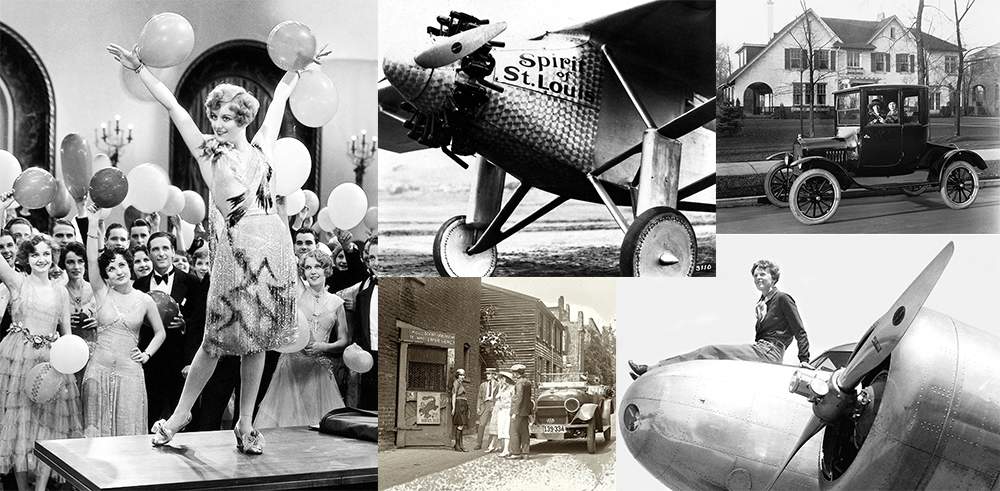The 20's and How They Roared
Age of the Red Hot-Mamas, the Flapper Era, the Jazz Age, the Golden Twenties, or the Mad Decade. Whatever you use to describe the 1920s, we can all agree this age was full of liberation. Change was happening in all sorts of ways; politics, race, music, gender, and even art were transformed and challenged in this era making this one of the most puzzling eras for historians to study.
To backtrack a bit on the idea of a progressive era, the 1920s were a time in which there was a strong hostility towards the government, especially federal power. After the war and entering the new decade, newspapers, journals, and congressional debates reverberated with stories of the evils of federal government expansion using the word bureaucracy to invoke the idea of a government that was pervasive to individual initiative. People obviously didn't like that so this is why we saw such a great deal of progression and advocacy for change in this era.
In addition to the political and racial liberation, one of the biggest forms of progression in the 20s was women's suffrage. For years, women had been pushed to the bottom of the list, only allowed to be in public if they were accompanied, and told their opinions didn't have a place in government.
While the word suffrage is derived from Latin in the word "suffragium" it simply means the right to vote. Part of the larger social movement of Women's Rights and the fight for equality within patriarchal societies was the Women's Suffrage Movement in the United States. A seventy-two-year-long period in which women had no say in their government was over. Enough was enough, and while women had already started their own newspapers and groups, it was time for a change. After years of advocating and working for change, the women's suffrage movement came to an end and the 19th amendment was passed. Women now had the right to vote. This was huge.
These issues for women weren't just central to the United States, they spanned across Canada, Australia, Central America and Asia. The work done by American women inspired the whole world. Some in big ways others in small ways, but because of the determination and strength American women had, we now have equal rights. Imagine how different our country and even our world would be if this amendment was not passed.
This movement also resulted in women feeling more free and confident. Cutting their hair, shortening their skirts, and leaving their homes unaccompanied were things that in a civilized society would be labeled as absurd. But then, and today, it was the new normal and paved the way to women's liberation.
Everything that emerged in the 20s is still mirrored into today. Our music, our clothes, our art, our politics all stem from the liberation and progression of the past. There's that word again; liberation. The word that defines the time of the 1920s. No matter how you think, describe, or reminisce in the 20s, that is the one word everyone can agree that is the word of the decade.
This liberation was the roar.
I wonder when the next liberation will be and what changes and progression we'll see then?





